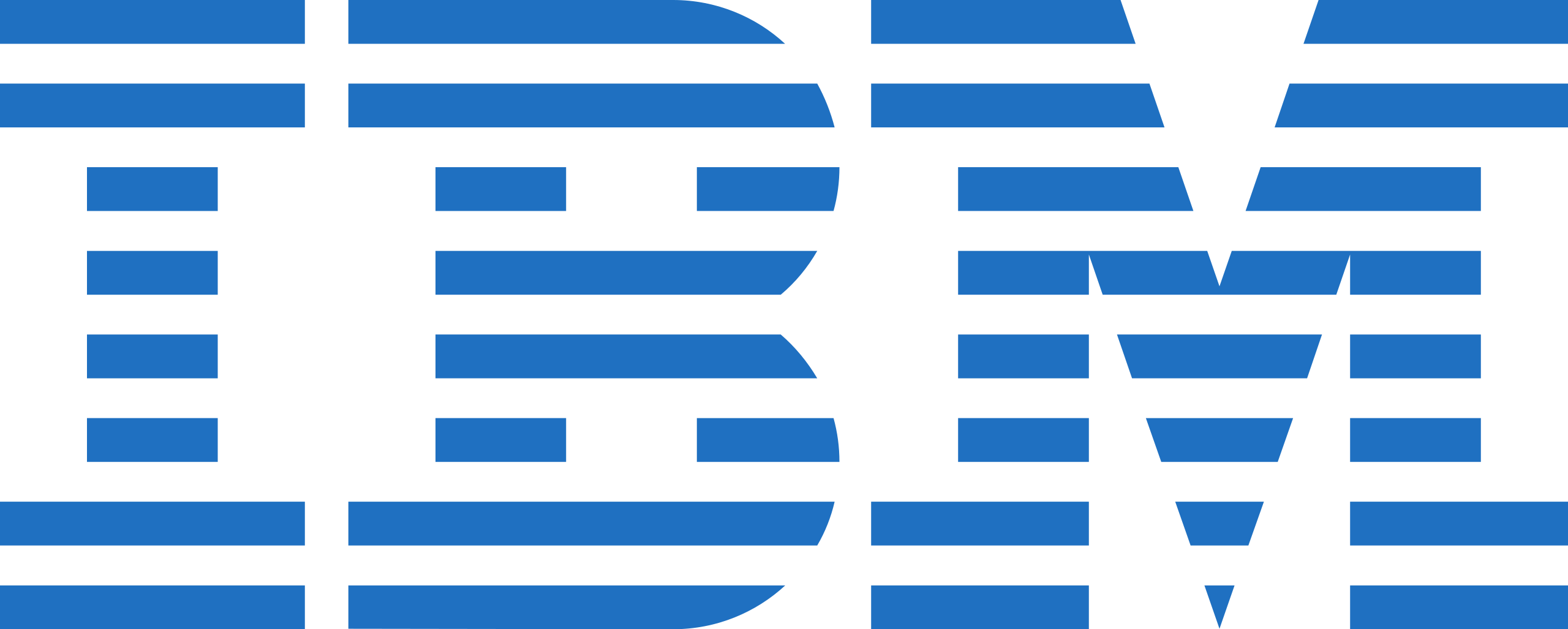Data quality checks at various stages of the research to ensure accuracy, and to avoid errors or mistakes; Checking programmed surveys for logic and precision
A Data Analyst, Computer & Electrical Engineer from Toronto, Canada. I have rich experience in delivering valuable insights via data analytics and advanced data-driven methods.
- Age: 31
- Address: Toronto, Canada



Managed products from ‘cradle to grave’, defined product roadmaps and released plans

Coordinated the publishing of papers in the field of data science with improving the results of state-of-art works with the use of new techniques such as heterogeneous link prediction, word embedding and several other deep learning techniques


-
Python
-
Machine Learning
-
NLP
-
SQL
-
Excel
-
English
-
Farsi
Research Papers
PreNeT: Leveraging Computational Features to Predict Deep Neural Network Training Time
ICPE 2025
Training large deep learning models—especially Transformers and LLMs—can be slow, expensive, and hardware-hungry. Enter PreNeT, our predictive framework that estimates training time before you even start. By analyzing model structure, memory needs, and compute operations layer by layer, PreNeT helps you make smart choices about your setup. It works even on new or unseen hardware—making it ideal for navigating today’s fast-evolving AI landscape. Our experiments show that PreNeT improves prediction accuracy by up to 72% over other methods, helping researchers save both time and money.
Neural Embedding Features for Point-of-Interest Recommendation
ASONAM 2019
Smart Recommendations Using Neural Embeddings
How can we recommend the perfect place for someone to visit next? Our paper tackles the challenge of point-of-interest (POI) recommendation—deciding which venues a user is most likely to enjoy—by using a novel approach based on neural embeddings. Instead of relying solely on geography or social networks, we extract deep patterns from users’ past check-ins to learn rich, meaningful representations of both users and venues. These are then used to improve recommendation accuracy through a powerful matrix factorization model. Whether it's a café, a museum, or a hidden gem, our approach helps match people with places they’ll love.
Point-of-Interest Recommendation Using Heterogeneous Link Prediction
EDBT 2018
Graph-Powered Venue Recommendations
Recommending the right venue in a location-based social network isn't easy—especially with limited user check-in data. In this work, we introduce a smarter, more efficient solution by transforming user and venue information into a rich heterogeneous graph. By treating venue recommendation as a link prediction problem on this graph, we unlock new accuracy in matching users with the places they’re most likely to visit. Our approach not only outperforms several strong baselines but does so with lower computational cost—making it both effective and scalable.

